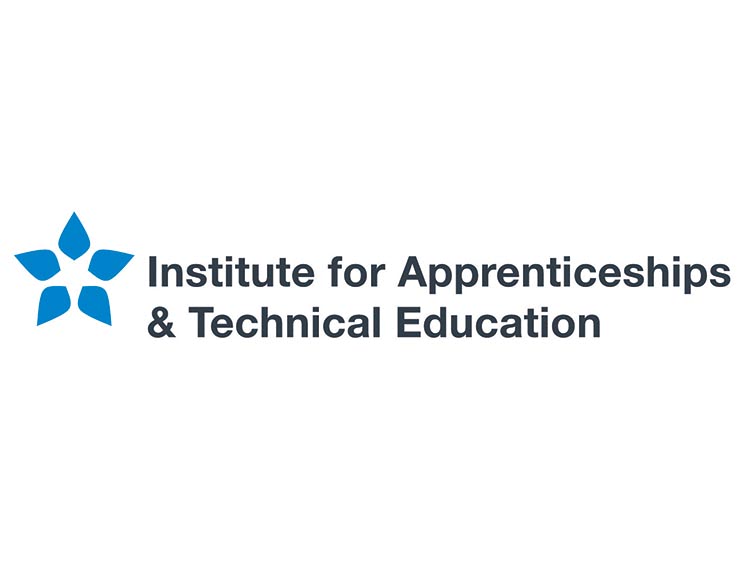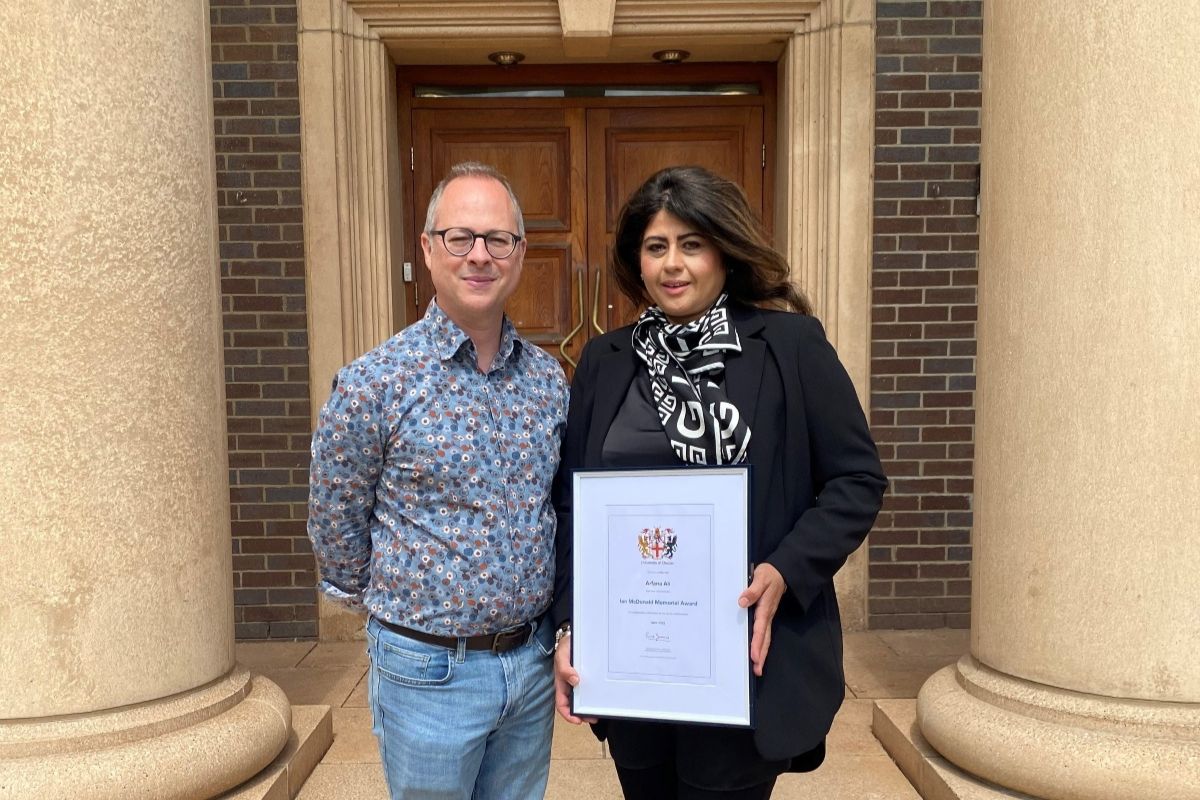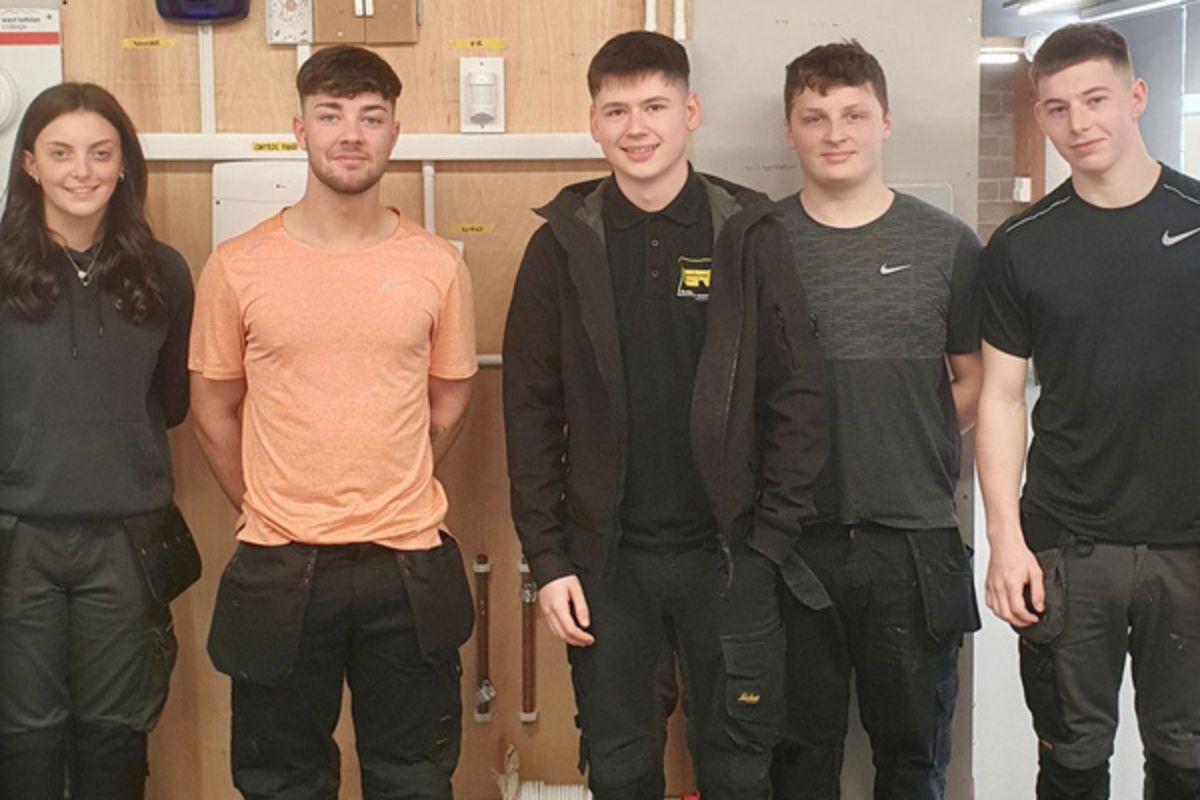Early years lead practitioner

KSBs
Knowledge
K1: Ethical and rights-based approaches to support the child, listening to the child’s authentic voice within their social and cultural context enabling advocacy for the child and their individual journey, developing high quality childcare environments that are continuously evaluated. Back to Duty
K2: How individual children learn and develop from conception to 8 years in relation to typical and atypical neurological, cognitive, social, emotional, behavioural, communication and physical development within the social, cultural context and the impact of this on their future. Back to Duty
K3: Factors that have an impact upon health, well-being and early learning that can affect children from conception to 8 years. Back to Duty
K4: Current and contemporary schools of thought to enable respectful and nurturing personal care. Back to Duty
K5: Local and national child protection and safeguarding policies and procedures in practice, identifying when a child is at risk, and how to challenge in order to protect them. This includes understanding the role of the designated lead for safeguarding and assimilating findings of serious case reviews. Back to Duty
K6: Theories of self-regulation, resilience and well-being and the impact of adverse early childhood experiences. Back to Duty
K7: Current and emerging theories of attachment and how these relate to promoting relationships effectively such as the key person approach. Back to Duty
K8: The importance of the social cultural context on the learning and development of the child and the influence parents, families and carers have within the home learning environment and the complexities of the family situation. Back to Duty
K9: The importance of play and the theoretical perspectives of play and its impact on a child’s learning and development. Back to Duty
K10: How to stimulate children’s creativity and curiosity and why and how this enables enquiry based active learning. Back to Duty
K11: A wide range of underpinning theories from physiological, neurological, developmental and education and how these can be incorporated to develop own pedagogy. Back to Duty
K12: Current and contemporary approaches in the development of emergent literacy and numeracy skills such as synthetic phonics. Back to Duty
K13: How planning cycles inform and improve practice and the principles of individual needs-based assessment for effective early intervention for all children responsive to typical and atypical needs and development. Back to Duty
K14: Potential effects of transitions and schools of thought on how to successfully support children and their families. Back to Duty
K15: The importance of enabling environments and the impact of opportunities, resources and relationships on learning and development. Back to Duty
K16: How to promote inclusion, equality and diversity in the sector and why it is essential. Back to Duty
K17: Current and contemporary theoretical perspectives and approaches to leadership and how to support others through leaderful practice. Back to Duty
K18: Principles of reflection in influencing early years practice with a commitment to life-long learning including continual professional development and action research. Back to Duty
K19: How to maintain accurate and coherent records and reports for the purpose of sharing information and communicate effectively in both oral and written English. Back to Duty
K20: The current and relevant policy, statutory guidance and legal requirements as appropriate to the sector within; local, national, historical and global contexts. Back to Duty
K21: Strategies to effect collaborative approaches to working with parents, professional bodies and multi agencies. Back to Duty
Skills
S1: Analyse and articulate how all children’s individual learning can be affected by their current developmental capabilities, characteristics and individual circumstances taking into account all factors contributing to typical and atypical development. Back to Duty
S2: Promote equality of opportunity and anti-discriminatory practice. Back to Duty
S3: Observe, assess, plan, facilitate and participate in play opportunities which include current curriculum requirements. Back to Duty
S4: Ensure plans fully reflect the individual development needs and circumstances of children and actively participate in the provision of consistent care, responding quickly to the needs of the individual child. Back to Duty
S5: Provide a dynamic, evolving and enabling environment that reflects the current interests, motivations, and play of individual and groups of children. Back to Duty
S6: Encourage all children’s participation, ensuring a sensitive, respectful and effective balance within the adult and child dynamic to facilitate play opportunities. Back to Duty
S7: Engage in effective strategies to develop and extend children’s learning and thinking, including sustained shared thinking. Back to Duty
S8: Support and promote children’s speech, language and communication development and determining and adapting appropriate responses and interventions. Back to Duty
S9: Support children to engage in a range of learning contexts such as individual, small groups and larger groups as appropriate for their play and support confidence within social experiences. Back to Duty
S10: Ensure staff are deployed effectively to suit and enhance the learning environment, prioritising the safety and wellbeing of all children. Back to Duty
S11: Advocate for the child, cultivating professional partnerships with parents/carers and other professionals, presenting their understanding of the child’s journey within multidisciplinary teams to holistically support the child’s individual needs. Back to Duty
S12: Demonstrate the importance of the home learning environment, developing an effective and collaborative partnership to enhance opportunities for the child. Back to Duty
S13: Make use of formative and summative assessment, tracking children’s progress to plan for future learning possibilities including early interventions based on individual developmental needs. Back to Duty
S14: Take responsibility for supporting the key person in articulating children’s progress and planning future learning possibilities. Back to Duty
S15: Use current and contemporary knowledge, research, theories and approaches to develop, enhance and articulate their own pedagogical approach and practice. Back to Duty
S16: Use reflection to develop themselves both professionally and personally to enhance their practice. Back to Duty
S17: Plan, carry out and guide appropriate physical care routines for individual children. Back to Duty
S18: Promote, model and support children and families to develop a healthy approach to making choices relating to personal care including eating, sleeping and physical activity. Back to Duty
S19: Develop, model and implement strategies to support the emotional, psychological, physical and cultural needs of all children within the setting. Back to Duty
S20: Identify and act upon own responsibilities in relation to health and safety, prevention and control of infection, carrying out risk assessments and risk management processes in line with policies and procedures. Back to Duty
S21: Ensure the security and confidentiality of data, records and information in line with current legislation. Back to Duty
S22: Be a leaderful practitioner to support, mentor, coach, train and guide colleagues in a range of settings, providing inspiration and motivation to engage others to develop their practice. Back to Duty
S23: Be confident to identify, action and competently challenge issues and undertake difficult conversations where appropriate. Back to Duty
S24: Advocate for children through their child centred approach, listening to the voice of the child; ensuring children’s rights, views and wishes are heard, respected and acted upon at all times. Offer appropriate support and influence decisions in the best interests of the child. Back to Duty
S25: Competently action and carry out safeguarding procedures, using their professional curiosity, knowledge, insight and understanding. Back to Duty
S26: Explore and understand, challenge and question; knowing when to act to safeguard and protect children. Back to Duty
Behaviours
B1: Ethical, fair, consistent and impartial, valuing equality and diversity at all times within professional boundaries. Back to Duty
B2: Leaderful and motivating through consistent modelling of innovative and aspirational practice to other colleagues. Back to Duty
B3: Person centred, friendly and approachable, demonstrating caring, empathetic and respectful qualities. Back to Duty
B4: Authentic and fun, demonstrating playful practice through animated and expressive play and quality interactions with children. Back to Duty
B5: Positive and proactive member of the team, being assertive and exercising diplomacy. Back to Duty
B6: Reflective practitioner. Back to Duty
B7: Creative and imaginative, demonstrating curiosity and inquisitiveness in order to be resourceful in all areas, including play and problem solving. Back to Duty
B8: Flexible and adaptable; responding to children’s spontaneous activities. Back to Duty
B9: Receptive and open to challenge and constructive criticism. Back to Duty












Responses